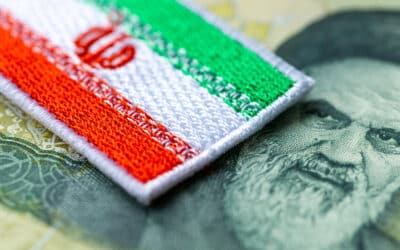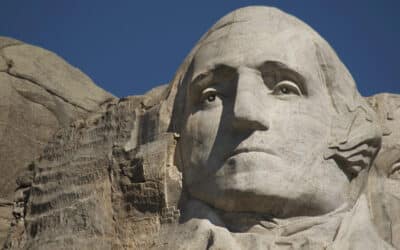We have crossed the boundary that lies between Republic and Empire. If you ask when, the answer is that you cannot make a single stroke between day and night. The precise moment does not matter. There was no painted sign to say, “You now are entering Imperium.” Yet it was a very old road and the voice of history was saying: “Whether you know it or not, the act of crossing may be irreversible.” And now, not far ahead, is a sign that reads: “No U Turns.”
— Garet Garrett
It is difficult to pinpoint the moment at which America crossed from Republic into Empire but guidelines exist for doing so. In his treatise Rise of Empire (1952), the libertarian journalist Garet Garrett declared the “first requisite of Empire” to be “the executive power of government shall be dominant.” Arguably, the power most intimately connected to Empire or imperialism is conducting foreign policy, especially war.
America’s plunge into imperialism is evident in its abandonment of a constitutional clause. Article I, Section 8, Paragraph 11 (the “War Powers Clause”) reads, “[The Congress shall have power …] To declare war, grant letters of marque and reprisal, and make rules concerning captures on land and water.” The form of the declaration is not specified but the need to go through Congress is. The ability to declare war is coupled with other congressional powers over foreign affairs — namely, issuing letters of marque and reprisal as well as defining rules of capture on land and water. Congress is granted exclusive power over what are (or were) key areas of foreign policy.
The purpose was to rein in the executive, the president, by blocking his ability to declare war and otherwise initiate foreign conflicts. Having recently broken away from a monarchy, the Framers were determined to prevent one from arising on American soil. Since a defining power of monarchy was what William Blackstone referred to as “the sole prerogative of making war and peace,” the Constitution repudiated that kingly prerogative. James Madison wrote in a letter to Thomas Jefferson (circa 1798), “The constitution supposes, what the History of all Governments demonstrates, that the Executive is the branch of power most interested in war, and most prone to it. It has accordingly with studied care vested the question of war to the Legislature.”
Even Alexander Hamilton, an advocate of centralized power, found it necessary to reassure the public that ratification of the Constitution would not give the executive the power to declare war. In The Federalist Papers, he explained, “The President is to be Commander in Chief of the army and navy of the United States. In this respect his authority would be nominally the same with that of the King of Great-Britain, but in substance much inferior to it. It would amount to nothing more than the supreme command and direction of the military and naval forces … while that of the British King extends to the declaring of war and to the raising and regulating of fleets and armies; all which, by the Constitution under consideration would appertain to the Legislature.” In short, the president would have the authority to conduct war once a declaration had been approved by Congress.
Read the rest at the Future of Freedom Foundation.






























